Can hydration affect sleep?
Yes, hydration can significantly affect sleep [1].
Dehydration may lead to dry mouth, nasal passages, leg cramps, and even headaches, which can interrupt your sleep cycle and sleep hygiene.
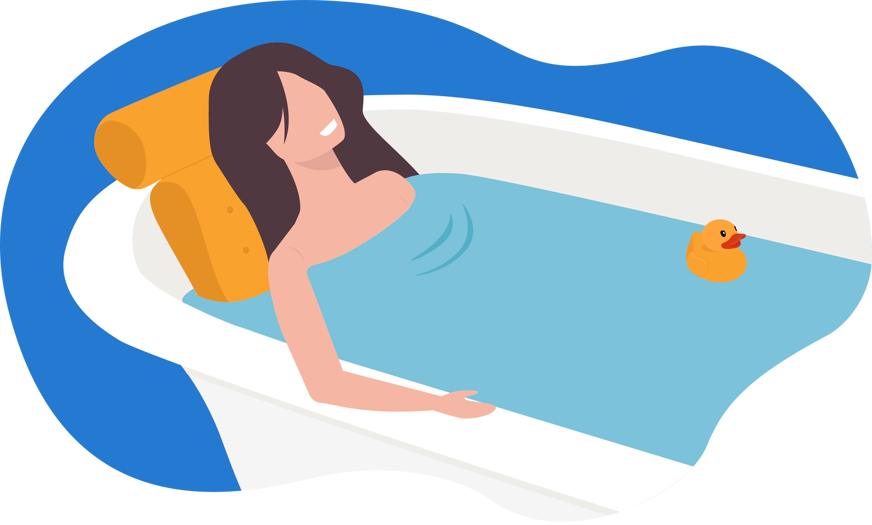
On the other hand, drinking too much water before bed can lead to frequent trips to the bathroom, disturbing your sleep.
How can you avoid dehydration?
To avoid dehydration, especially before bed, it's important to maintain [2] a consistent intake of fluids throughout the day.
Pay attention to your body's needs, and ensure you're drinking enough water to support your health.
If you’re on water pills (diuretics) [3], knowing how much water you should drink while taking them is essential.
Generally, you should aim to stay hydrated without overwhelming your kidneys, but specific advice should be tailored to your situation by a healthcare provider.
Best drinks for hydration
When it comes to hydration, water is the best option.
However, other beverages like herbal teas and coconut water can also contribute to your daily fluid intake.
These drinks not only hydrate but also provide additional benefits such as electrolytes [4], which are crucial for maintaining hydration levels.

Electrolytes
Electrolytes, such as sodium, potassium, and magnesium, are vital for maintaining the body's fluid balance.
They help prevent dehydration and support overall health, making them an important consideration in your hydration strategy.
Relationship between hydration and sleep
Hydration and sleep are closely linked. [5] Staying hydrated ensures that your body's systems function properly, including those that regulate sleep.
Dehydration can disrupt sleep [6] by causing discomfort, such as dry mouth and nose, which may lead to snoring or sleep apnoea.
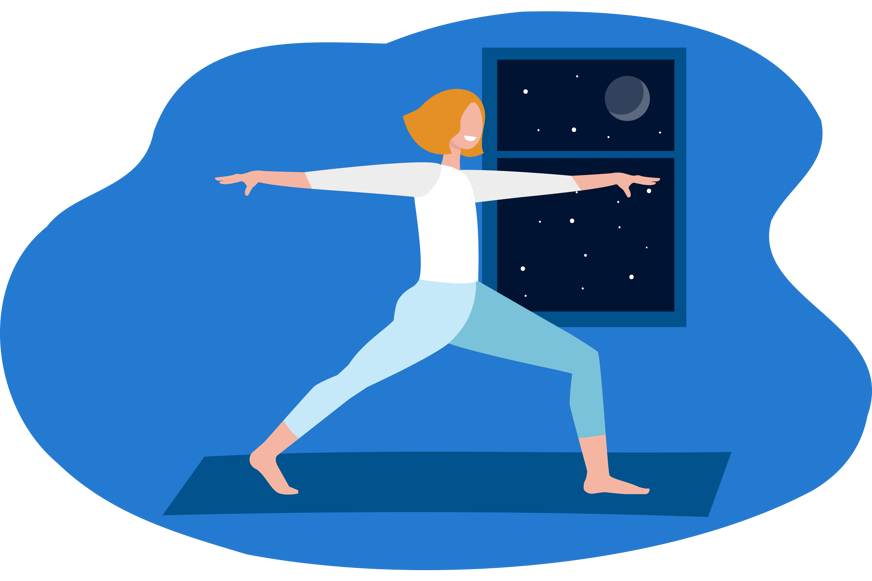
Proper hydration helps in the effective transportation and absorption of nutrients, which can enhance sleep quality and overall health.
Benefits of drinking water before bed
Drinking water before bed can help maintain hydration levels throughout the night, which is beneficial if you wake up feeling dehydrated.
It also supports your body's detoxification process, helping to flush out toxins while you sleep.
Additionally, staying hydrated may reduce the risk of leg cramps, which can otherwise disturb your sleep.
Disadvantages of drinking water before sleep
While staying hydrated is important [7], drinking too much water right before bed can have disadvantages.
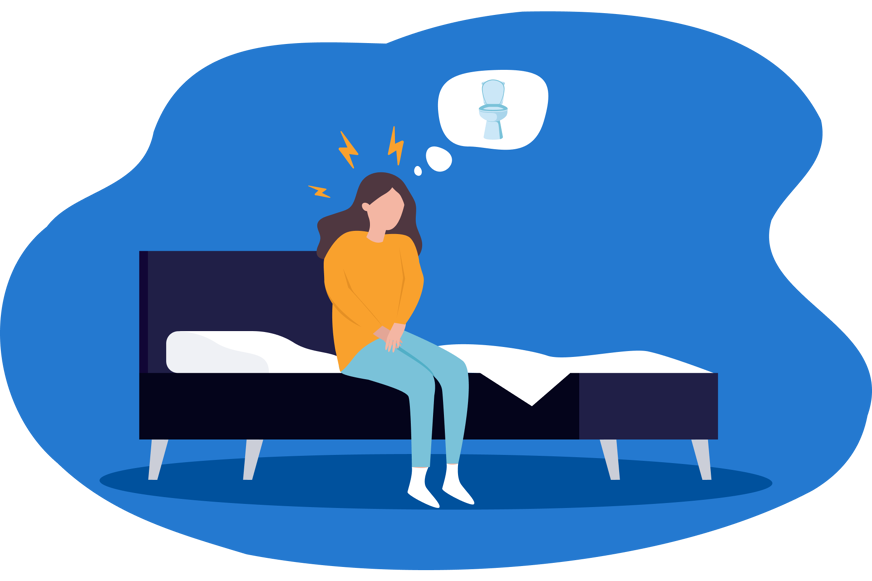
It may lead to nocturia [8], a condition characterized by frequent urination during the night, which disrupts your sleep.
Balancing your water intake is key to avoiding this issue.
In the long run, you can also avoid sleep disorders.
What to do when you wake up dehydrated?
If you wake up dehydrated, it's important to replenish your fluids as soon as possible.
Start your day with a glass of water, and consider adding electrolytes to your morning routine, especially if you've had a particularly active day or consumed alcohol the night before.
Lifestyle factors such as:
- age
- alcohol consumption
- snoring
- room temperature
- infection, or illness
can increase the risk of dehydration during sleep
How to avoid dehydration during sleep
To avoid dehydration during sleep, focus on maintaining hydration throughout the day rather than loading up on fluids before bed.
Consuming hydrating foods such as fruits and vegetables can also help maintain fluid levels overnight.
Consider integrating electrolytes into your diet, as they play a crucial role in maintaining hydration.
How to avoid urination at night
To avoid urination at night, try to stop drinking fluids at least an hour before bed.
You can still stay hydrated by drinking enough throughout the day and tapering off your fluid intake in the evening.
Also, avoid diuretics like caffeine and alcohol close to bedtime.
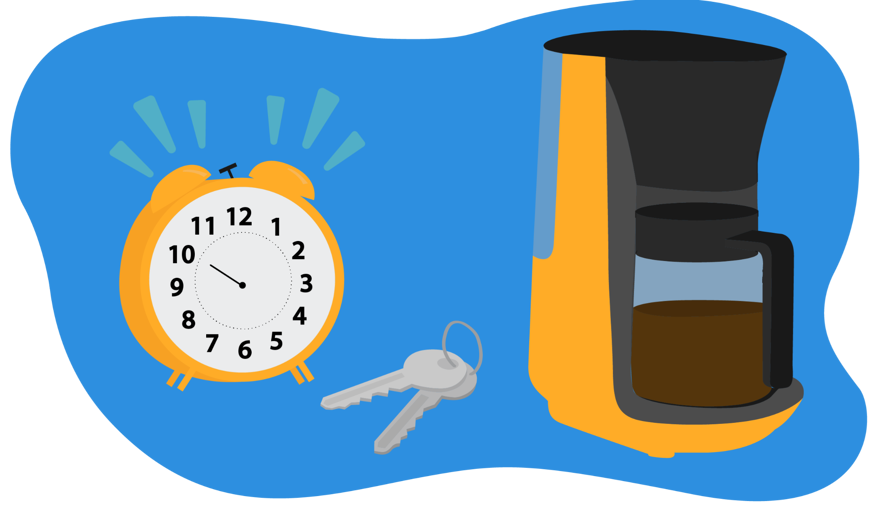
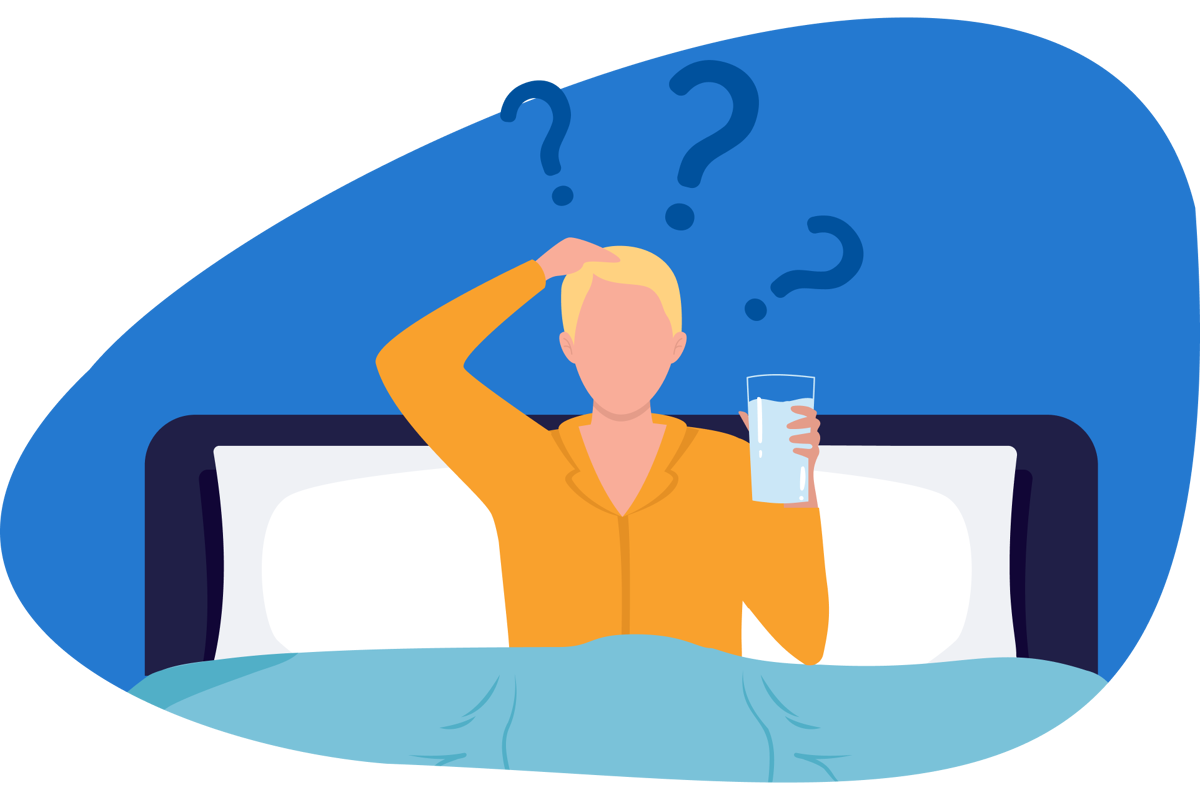





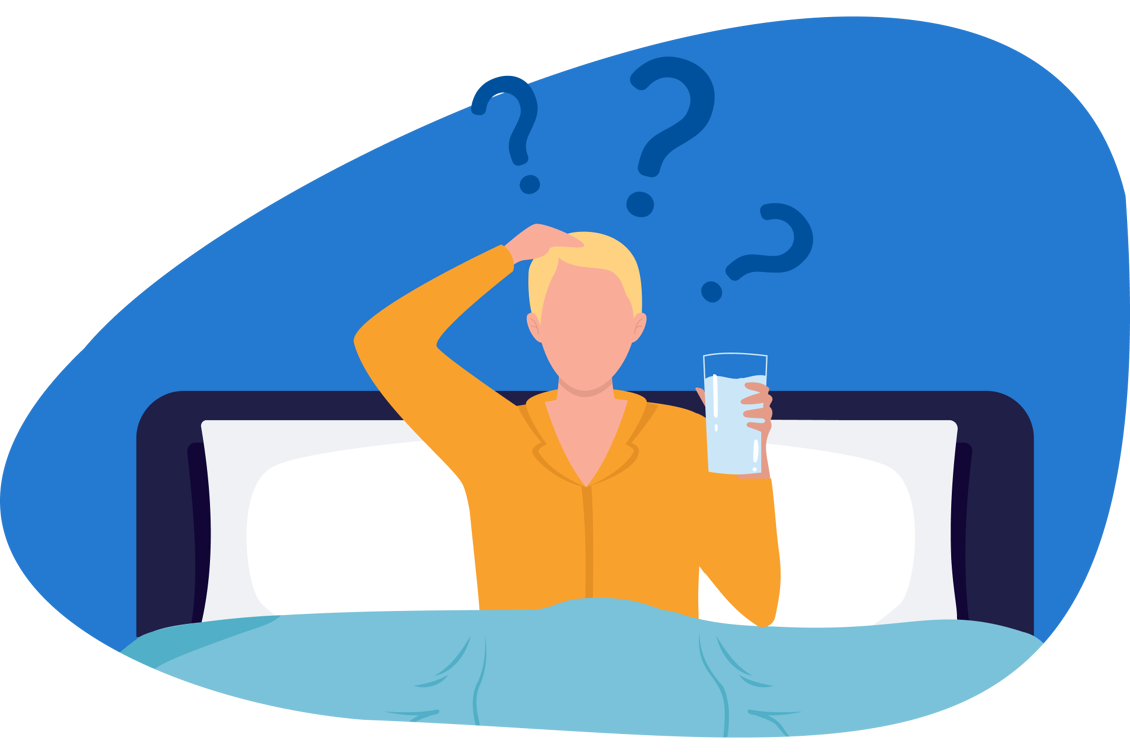
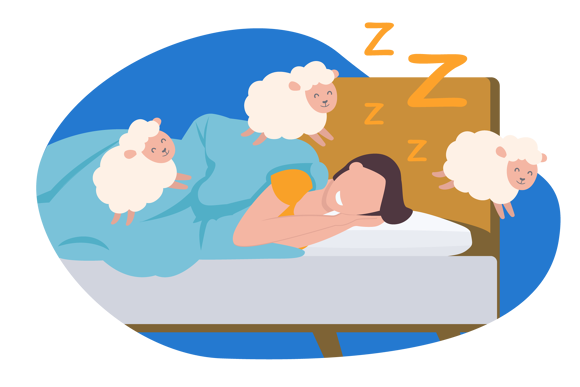
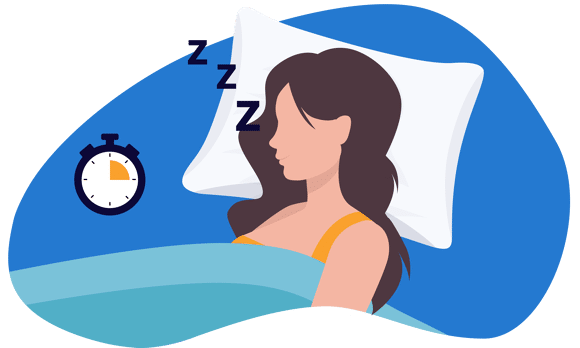
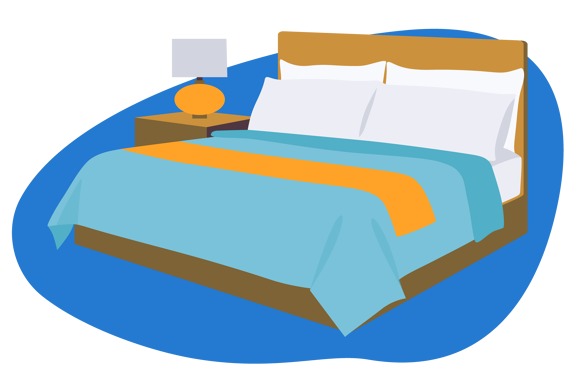


Alternatively, message us directly via the Contact Us page.